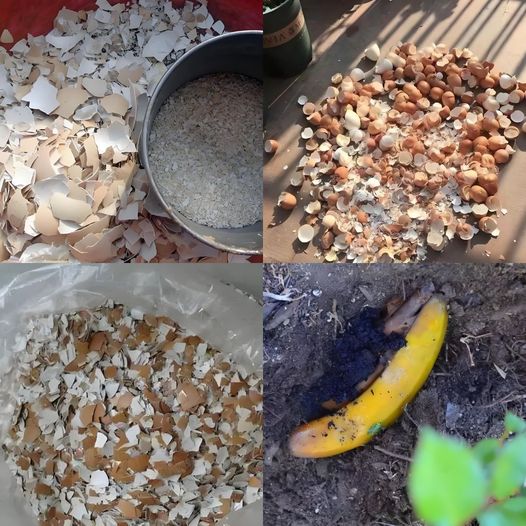ADVERTISEMENT
Green Tea – A weak solution of green tea can provide nutrients to plants. Be sure to use unsweetened tea.
Molasses – Adding molasses to compost or diluting it in water can help increase microbial activity and provide potassium.
Weeds – Weeds soaked in water create a nutrient-rich “weed tea.” Just ensure the weeds haven’t gone to seed.
Compost – Regular composting of kitchen and garden waste provides a balanced mix of essential nutrients and improves soil structure.
Seaweed – Fresh or dried seaweed can be rinsed (to remove salt) and added to compost or steeped in water to create a liquid fertilizer rich in trace minerals.
Gelatin – Unflavored gelatin is a source of nitrogen. Dissolve it in water to create a protein-rich feed.
Vinegar – Diluted vinegar (preferably apple cider vinegar) can help increase soil acidity and provide plants with iron.
Powdered Milk – Milk powder is a good source of calcium and can be sprinkled directly into the soil or dissolved in water.
Corn Gluten Meal – A byproduct of corn processing, corn gluten meal can serve as a natural pre-emergent weed inhibitor and fertilizer.
Chicken Manure – Well-composted chicken manure is a high-nitrogen fertilizer but should be used sparingly to avoid burning plants.
Paper Ash – Ash from burned non-glossy paper can be used in small amounts to add potassium and help control pests.
By using these homemade solutions, you not only provide your plants with essential nutrients but also contribute to a more sustainable gardening practice.
ADVERTISEMENT
